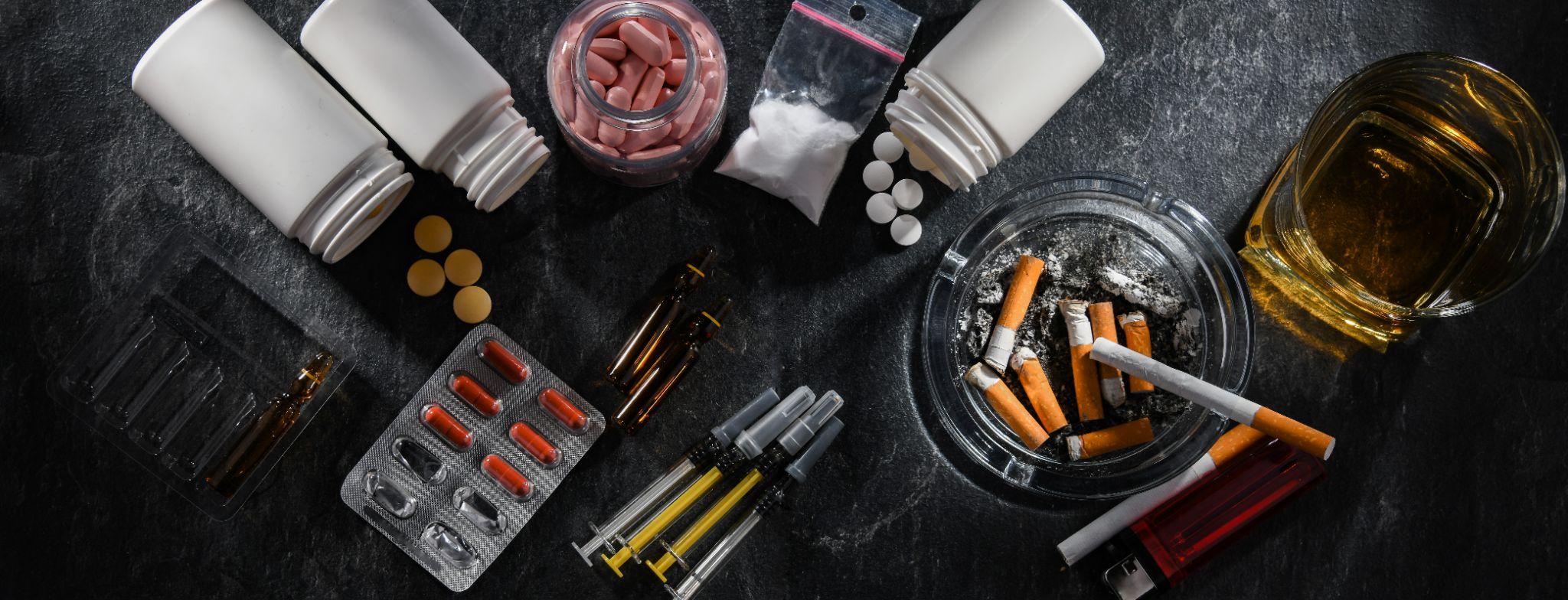When it comes to treating drug and alcohol addiction, although it is the most commonly thought of treatment program, inpatient rehabilitation is not the only option available for substance use disorder.
With some inpatient rehabilitation programs lasting as little as 30 days, while it is the most intensive level of care for rehabilitation where patients receive round-the-clock care, recovery from substance abuse is a life-long commitment and requires continuous treatment and therapy sessions in order for it to be effective.
IOP and PHP are two alternative types of outpatient treatment programs recommended for recovering addicts after completing their inpatient rehabilitation.
An outpatient program assists patients in early recovery with continued care and support, thereby allowing them to implement what they learned during their inpatient rehabilitation within their newly sober life in a structured and controlled manner.
While both outpatient treatments offer unique benefits, there are some major differences when it comes to intensive outpatient programs (IOP) and partial hospitalization programs (PHP), such as the intensity of the treatment, the amount of time spent in each program, and the levels of care for each treatment program.
IOP and PHP typically involve individual therapy, group sessions, and family counseling therapy sessions. The exact structure of each treatment program will vary depending on the specific facility as well as the needs of each individual.
If you are in search of an addiction treatment program for yourself or a loved one, the process can be quite daunting while trying to understand the differences between IOP and PHP, as well as which program is better suited for your needs.
We will cover all the pertinent IOP and PHP treatment differences and how they affect your recovery journey.
What Is a Partial Hospitalization Program (PHP)?
Following an inpatient rehabilitation stay, a partial hospitalization program (or PHP) would be the most suitable program to continue your sobriety journey with.
Being placed back into society as a newly recovering addict, without the constant help and support you experienced during inpatient rehabilitation, could have devastating effects on a patient. Without adequate relapse prevention measures in place, upon re-entering society the chances are high that, once faced with the same triggers or temptations that previously set you back, you may find it too overwhelming and revert to your old ways, essentially giving up on your recovery journey.
Being a higher-intensity therapy than IOP, a partial hospitalization program is a more structured and time-consuming outpatient treatment program for recovering addicts. Patients are required to attend treatment for six to eight hours a day, five days a week.
Due to this program requiring a similar amount of hours as a full-time job, it provides little time for work and life responsibilities. Therefore it has been created for patients who suffered from severe substance abuse and who may have previously relapsed or are at high risk of relapsing. Designed to provide almost full-time care while transitioning back to a substance-free lifestyle, it acts as the perfect balance between inpatient rehabilitation and outpatient treatment.
What Is an Intensive Outpatient Program (IOP)?
An intensive outpatient program (IOP) is an addiction treatment program for patients recovering from substance use disorder who do not require residential treatment.
Patients who attend intensive outpatient programs (IOP) are usually recovering addicts who have just completed their rehabilitation period and are looking to re-enter society in a structured manner. Ultimately, they still attend similar therapy sessions they would have received in rehab, but within an outpatient environment.
This form of outpatient treatment generally requires attending therapy three to four hours a day, three days a week. It is a much less intense level of care than PHP treatment and is beneficial to patients who are unable to commit to inpatient treatment, or whose addiction is not severe enough to require rehabilitation.
Intensive outpatient treatment allows patients to balance their recovery alongside their everyday responsibilities. However, this should not be confused with what is most convenient for a patient but rather what is most suitable for their needs. While IOP treatment allows for more flexibility, it also poses a risk of the patient being placed back into triggering and tempting situations. This type of treatment program is most suitable for recovering addicts who have already gone through their detox phase, or rehabilitation care, and are not deemed to be at high risk of relapsing.
For effective results, it would be beneficial to participate in a 12-step program or AA meetings alongside your IOP treatment.
IOP vs. PHP Treatment Summary
| IOP | PHP |
|
|
Deciding on the Best Treatment Program
Overcoming addiction is a long, difficult, and continuous process, but it is possible. If you or someone you love is battling with substance abuse or mental health issues, it is important to get help. The best way to do this is by understanding the various types of treatment programs available and speaking to a professional for advice.
At Newport Beach Recovery Center, we are invested in the lifelong success of our clients and would love to help you make an informed decision toward recovery. We have a safe and welcoming environment with compassionate staff who are dedicated to your sobriety.
While both addiction treatment programs allow patients the flexibility to re-engage in daily life responsibilities, it is important for recovering addicts to surround themselves with a supportive network of people. With IOP and PHP, you attend regular therapy and group sessions a few days a week with individuals who understand the daily struggle of recovery. It is a way for the patient not to feel isolated and alone at a very crucial step of their recovery. Patients can also attend additional therapy sessions, such as AA meetings, relapse prevention classes, and 12-step programs, which are separate from IOP and PHP treatment.
The key to choosing a suitable addiction treatment program is not finding one that is most convenient for you. It’s about finding one that is best suited to your individual needs. If you surround yourself with a supportive network and balance your home life responsibilities all while being committed to your lifelong recovery, then IOP or PHP can be an effective outpatient treatment for you.
Don’t wait. Take the first step toward a healthier and happier life by reaching out to Newport Beach Recovery Center today.


